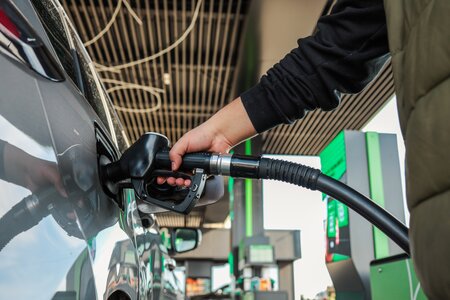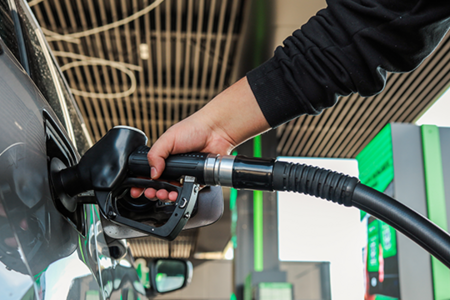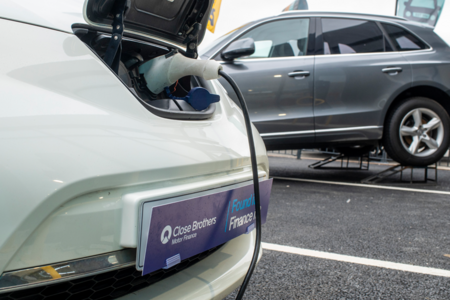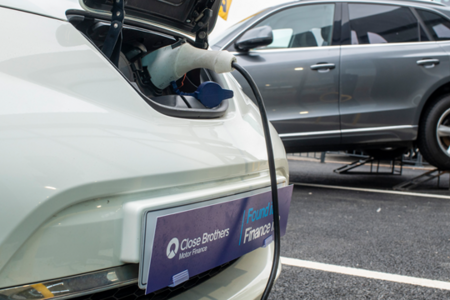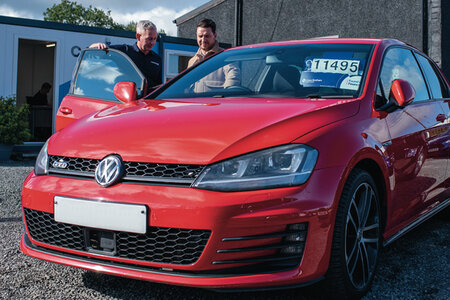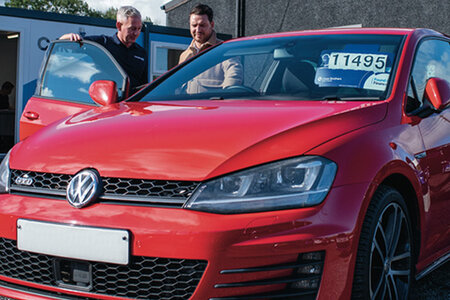Alex Griffin, Director of Product at Close Brothers Motor Finance
Over the past few years, the shift towards alternative fuel vehicles (AFVs) has accelerated as adoption becomes more widespread. There are clear signs that the AFV market is reaching a tipping point, and we could now be months rather than years away from AFVs becoming the norm. Climate concerns, improved infrastructure, and an increasing range of vehicles are some of the many factors contributing to their growing popularity. In January alone, of the number of new cars registered almost 68,000 were AFVs, a clear increase compared with 57,611 new AFV registrations recorded last January.
Moreover, as part of its Net Zero ambitions, the government’s proposed 2030 plan to ban the sale of all new diesel and petrol cars has intensified the pressure on consumers and car dealerships to shift their car choice.
While 2030 may seem a fair way off, it’s important that dealers give themselves a head start to begin future-proofing their businesses and grasp all chances to take advantage of the shift ahead of the impending ban. Crucially, the next couple of years provide a window of opportunity for dealers to prepare, adapt their business models, and develop relationships with existing and new customers. Having been faced with the challenges of the pandemic, war in Ukraine, and cost-of-living crisis, the motor industry is getting back on its feet and so now is the time for dealers be forward thinking and invest in the future. For anyone unsure on how to start this journey, I’ve outlined four key pieces of advice to give you a starting point.
Start stocking AFVs:
Growing the number of AFVs on the forecourt is perhaps the most obvious way dealers can get ahead of the curve. Whilst concerns about doing so are understandable, demand amongst customers for EVs and other AFV is already apparent. According to our latest ‘The Road Ahead’ research, dealers in 2022 sold 40.1% more new battery electric vehicles (BEVs) than in 2021 and, one in four drivers plan to switch to electric in the next 12 months. And importantly for those dealers concerned about the financial impact of the switch, nearly two thirds (64%) of dealers that sell AFVs say they are more profitable for them than petrol and diesel vehicles.
As sales of AFVs have risen over the past couple of years, the market has also become increasingly varied, with a wider selection of models, brands, and second-hand options available at different and more accessible price points meaning customers have more choice than ever. When approaching the need to stock forecourts with AFVs, car dealers should capitalise on this, making sure to consider their customers’ needs, concerns, and finances, and that vehicles stocked align with these. It’s something that we at Close Brothers Motor Finance can support with through our dealer funding packages.
Become an EV charging hub:
In addition to adapting vehicle stock, the installation of electric vehicle (EV) charging points would be another great investment. Concerns about charging infrastructure have proved to be a significant barrier preventing the adoption of AFVs. Having on-site charging points gives car dealers the opportunity to discuss, educate and inform new customers about EVs, as well as providing support to existing customers with electric vehicles.
Prepare employees:
Supporting staff through this fundamental shift and ensuring they’re equipped to continue performing their jobs should also be a priority. By providing training and resources, you can ensure your showroom staff are well-equipped with necessary and important knowledge to allow them to inform, advise and ultimately sell AFVs to customers. Alarmingly, more than a quarter (27%) of those who sell AFVs do not feel knowledgeable enough to sell them and over a third (31%) of dealerships confirm they would like better education, highlighting a clear need to invest in training. With finance providers such as Close Brothers Motor Finance offering funding packages to support, it makes it easier to invest in training, tools, and if necessary, additional staff, to improve your car dealership’s ability to repair and maintain EV products. This again would play a strong role in customer retention over the long term, as well as word of mouth referral.
Get EVA accredited:
Last but by no means least, becoming an Electric Vehicle Approved (EVA) dealership is a great way, especially for smaller car dealerships, to navigate and approach the switch to selling electric vehicles. A government-backed scheme, EVA accreditation boots a car dealerships reputation by showing customers, many of whom will be uncertain and less-confident about EVs, that the business has expertise and is trustworthy.
Whilst these suggestions will incur upfront costs, there is support available, including the Close Brothers finance packages I have outlined above. And these are all long-term investments your business will thank you for in years to come.
1 https://www.smmt.co.uk/vehicle-data/evs-and-afvs-registrations/
2 The Road Ahead research

